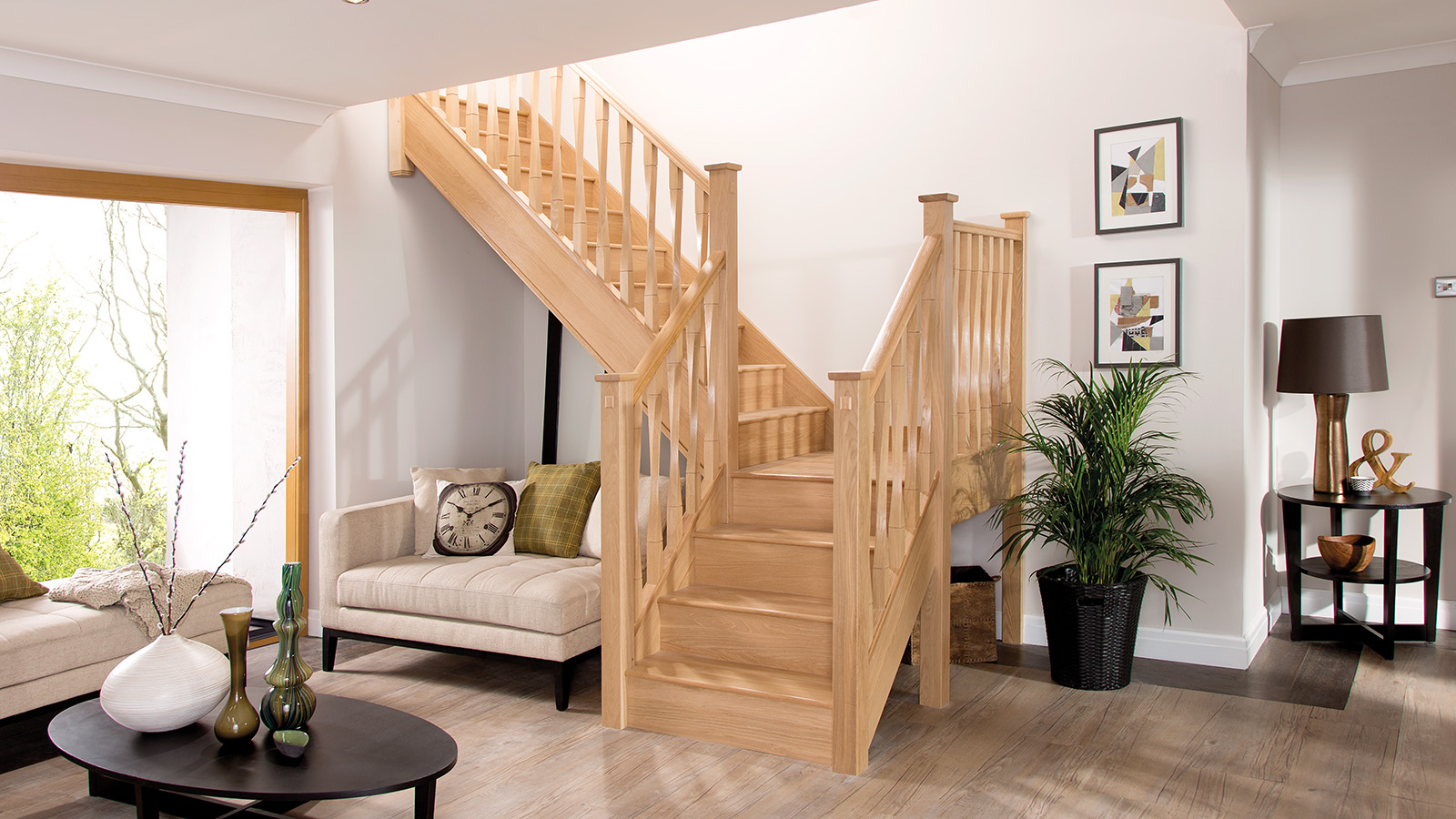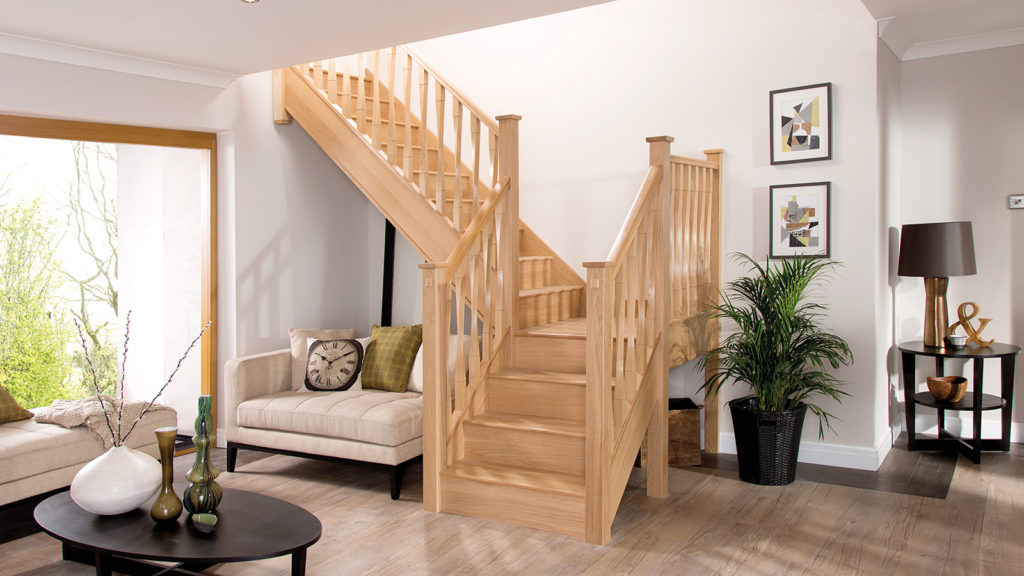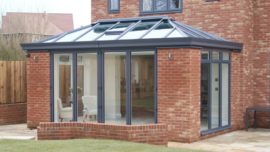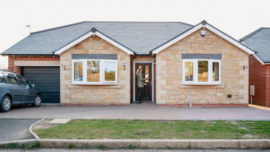
The Beginners Guide to Knowing About Staircase
If you’ve decided to take the risk and move the staircase in your home, you might be feeling a little anxious about the project. Moving your stairs can be a big job and expensive job depending on if you want new stairs and where you want them.
How Much Does Moving Your Staircase Cost?
The average cost for moving stairs is around £3,000. Why? This cost will cover removing the old stairs, replacing the new stairs and the labourer costs. After all of this you will most likely need to replace your flooring materials around the area which could add to the costs.
How Hard Is It to Move a Staircase?
Moving a staircase is best to be left the professionals as it’s a complicated process. Not only would you have to seal the gaping hole left in the floor you would also have to cut one into the floor for a new space for the stairs. This also means adding new floor joists and flooring materials.
Do You Need Planning Permission to Move Stairs?
There isn’t one chance that you wouldn’t need a permit that involves changing the location of a staircase. Moving around stairs without doing your due diligence is highly dangerous. Why? When you move or remove the stairs there will be an open hole that will need to be framed in which requires adding structural members to the open space, such as sistering floor joists. Moving stairs usually involves replaces the flooring.
How Long Does It Take to Move Stairs?
It is difficult to estimate the exact time it would take to move stairs but will likely take 3-4 days. A complex design could take a while depending on the complexity of your design, you may need an architect to draw up the design which could make the process longer. The actual removal of your old stairs will most likely be the longest part, depending on where your stairs are located.
Can You Move Basement Staircase?
You need to remember that the framing in the basement holds up your entire home, so when you decide to remove a wall or cut into your main floor joists you need to make sure they have been supported correctly. If you do not support these properly this cause huge damage to your property. No, your house wont collapse but it could shift your main beam or crack the drywall in your home
Types Of Staircases
- Straight – The most common type of stairs, straight stairs are very popular and affordable.
- Quarter turn – Quarter turn stairs are usually more visually appealing.
- Half turn – With a landing or resting space half way.
- Winding – Winding staircases take up less space and can be used throughout several floors
- Spiral – Usually constructed with metal, spiral stairs fit perfectly in complex designs.
Different Materials Used for Staircases
- Softwood – Often used for straight staircases, softwood is cheaper and easier to work with.
- Hardwood – Pricier than softwood but a lot stronger.
- Metal – Strong and durable. It is mostly used for spiral staircases but are very noisy.
- Glass – quite expensive but gives off a really nice modern finish.






